Keywords: Voice To Parliament
-
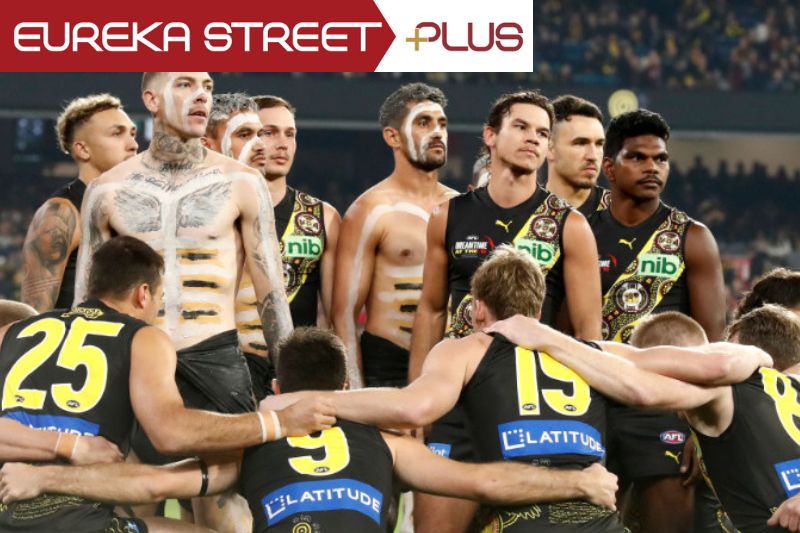
AUSTRALIA
- Michael McVeigh
- 07 June 2022
Before the game, Richmond players of Aboriginal and Torres Strait Islander descent were encircled and then honoured by their teammates. The sight of non-indigenous Richmond players on their knees while their teammates stood proudly before them was powerful and moving. It felt like a significant moment in the club’s history. To get to that moment, authentically, was not easy.
READ MORE 
-
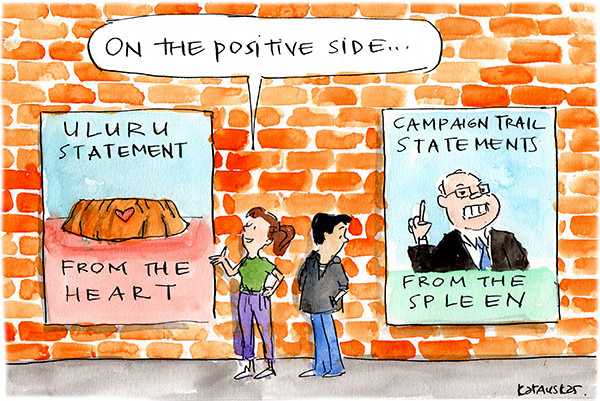
CARTOON
- Fiona Katauskas
- 03 May 2022
READ MORE 
-

RELIGION
- Tracy McEwan, Patricia Gemmell
- 06 October 2021
15 Comments
Annabel Crabb’s ABC TV documentary series Ms Represented had us gasping, laughing and raging all at once. The series struck an achingly familiar chord as women from different political parties and generations voiced their common experience of sexism and misogyny in Australia’s parliament, elucidating just how hard it is for women to have a voice at the table in Australian institutions of power.
READ MORE 
-
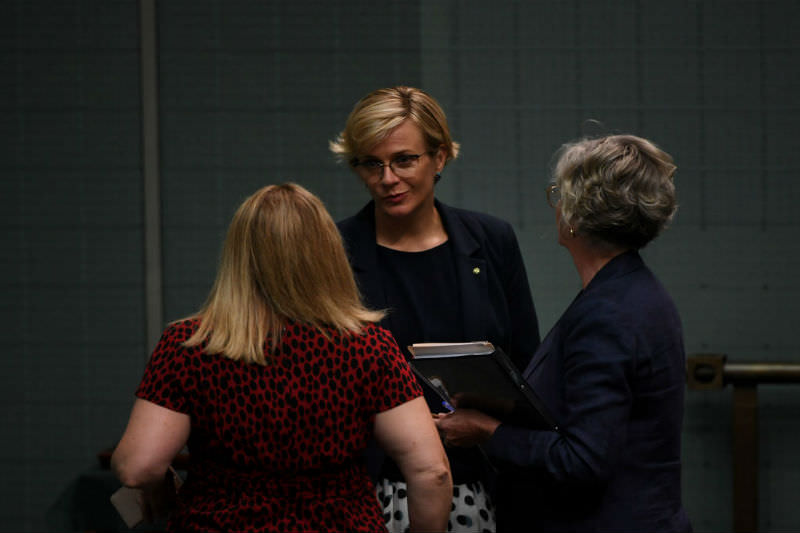
AUSTRALIA
- Jeff Sparrow
- 21 February 2020
15 Comments
The common-sense enthusiasm for depoliticising environmentalism — voiced most recently in relation to the bill proposed by the conservative independent Zali Steggall — pushes in entirely the wrong direction.
READ MORE 
-
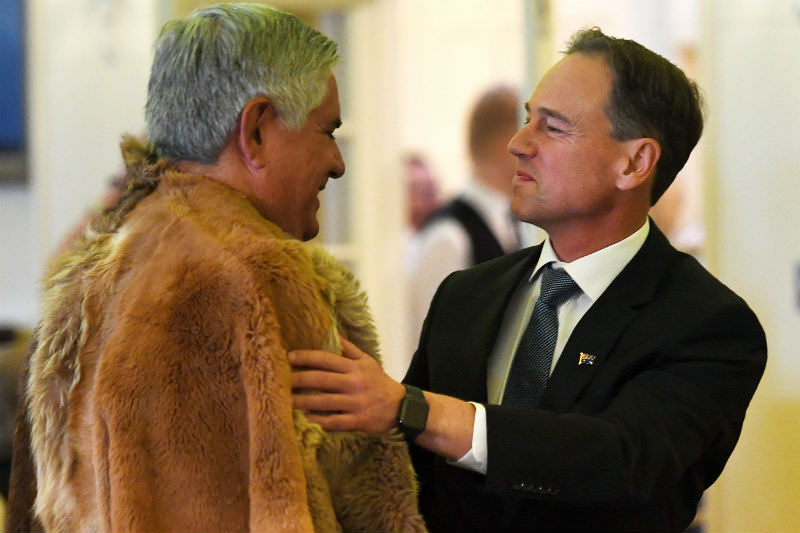
AUSTRALIA
- Kate Galloway
- 15 July 2019
7 Comments
Constitutional reform works at two levels. It would establish the institution of the Voice so that a future Parliament could not easily get rid of it. Doing so is also symbolic — but not merely symbolic. It recognises the place of Indigenous Australians within the Australian polity. This is not a divisive action. Rather it is inclusive.
READ MORE 
-
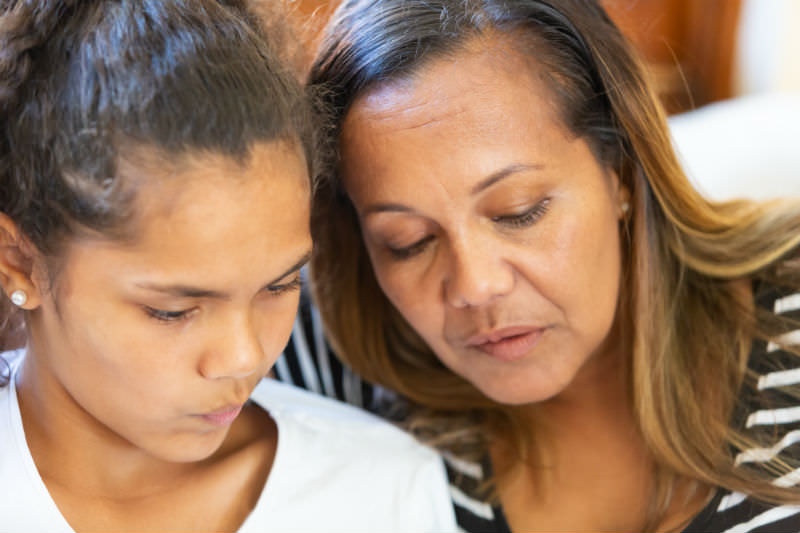
AUSTRALIA
- Celeste Liddle
- 10 May 2019
7 Comments
We can tell the Morrison government has no interest in Indigenous affairs because, apart from some money for suicide prevention programs (albeit less than half that requested), its budget showed a series of cuts. There is a lot of unfinished business to be addressed before it makes sense to adopt a voice to Parliament in the Constitution.
READ MORE 
-
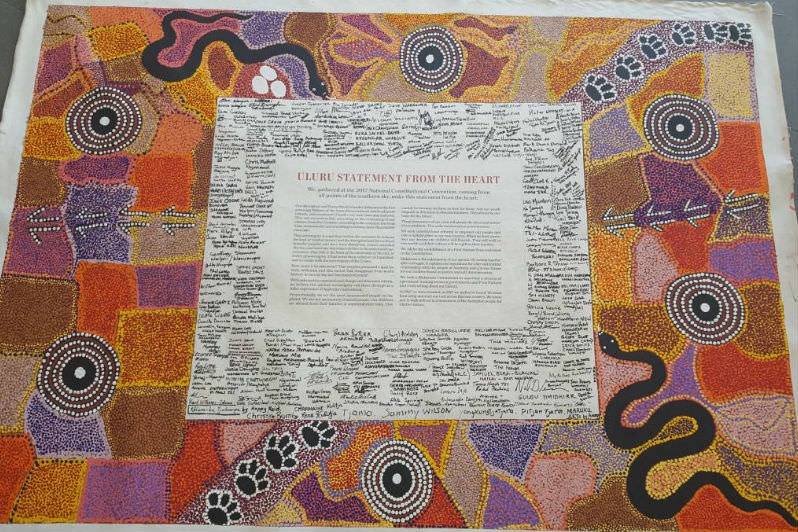
AUSTRALIA
- Frank Brennan
- 16 October 2018
16 Comments
Despite what Turnbull and Morrison have said, I reject the classification of the First Nations Voice as a third chamber. Still, given that the proposal has been rejected by three Coalition prime ministers over the last three years, the question now is: what is the best way to proceed?
READ MORE 
-
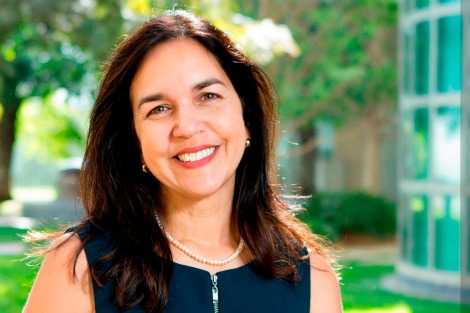
AUSTRALIA
- Jarni Blakkarly
- 21 June 2016
11 Comments
Across the political spectrum, Australia's major and minor parties are failing to reflect the multicultural Australia of the 21st century. We have fallen far behind similar nations like Canada, who elected 19 Indian-Canadians alone, and ten indigenous parliamentarians, at their last election. Who we elect to our parliament is not just about the gesture, it is also a reflection of where power lies within our society, and whose voices are given the space to be heard to represent the community.
READ MORE 
-

ARTS AND CULTURE
- John Falzon
- 02 February 2016
1 Comment
I bite on life. The bitterness will daunt but not defeat me. And I hear you. I can never give you voice. My dreams take speed. My Baghdad dreams take speed. My rest my head against the pillow of the west ... Exclamation bombs my Baghdad ... You don't have long to live sweet parliament.
READ MORE 
-

RELIGION
- Moira Rayner
- 15 November 2013
22 Comments
If it happened then, it could happen now. Unless we take children seriously as people, it will. Unless individuals within the culture of their institution see it as a duty to stick their necks out and challenge its culture, it will. Unless bishops and archbishops and cardinals and religious supporting them take personal responsibility for protecting vulnerable people ahead of protecting the reputation of their institution, it will happen again.
READ MORE 